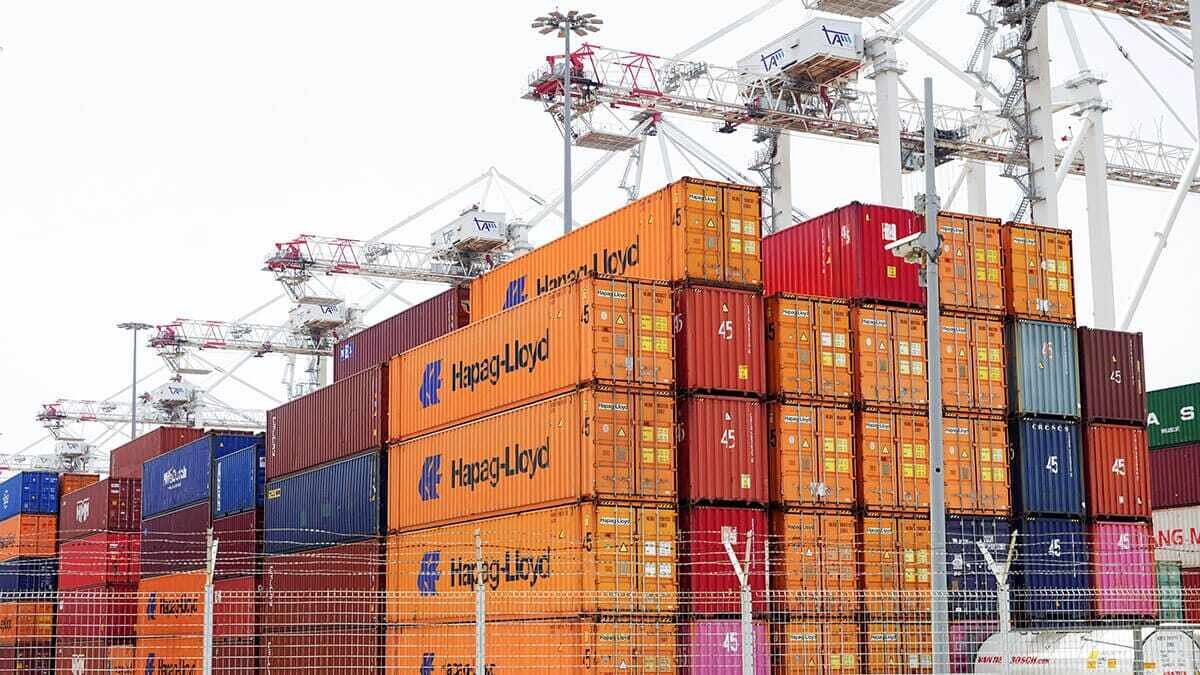Morocco emerges as key player in global trade wars

A report by the UK-based think tank Chatham House highlights Morocco’s strategic potential amid the intensifying global trade conflicts involving major powers such as the United States and China.
The analysis underscores Morocco’s capability to act as a pivotal hub in this geopolitical and economic struggle, leveraging its resources and geographic position.
The study sheds light on how U.S. and European protectionist policies against China could influence Chinese investments in Morocco.
It also explores how Morocco is navigating the delicate balance of safeguarding its national interests while mitigating the adverse impacts of these trade wars.
Chatham House describes Morocco as having the potential to serve as an “export platform” for Europe and other regions, positioning the country as a key player on the emerging global trade map.
This view is reinforced by the recent visit of Chinese President Xi Jinping to Morocco, signaling the North African nation’s growing importance in global industries, particularly in electric vehicles (EVs).
Morocco boasts vast reserves of phosphate and other essential minerals used in battery production, coupled with advanced infrastructure and political stability.
These assets make it an attractive destination for international players seeking to capitalize on the burgeoning EV industry.
However, Morocco’s heavy reliance on European and American markets also exposes it to vulnerabilities from ongoing trade conflicts.
Any disruptions in these relationships could have significant economic consequences.
Researcher Ahmed Abu Douh emphasized Morocco’s appeal as a gateway for Chinese manufacturers, particularly in the electric vehicle sector, to penetrate Western markets.
“Morocco represents an ideal platform for Chinese companies to expand their reach into Europe and beyond,” he noted.
As global trade dynamics evolve, Morocco’s strategic positioning and resource wealth place it at the crossroads of economic opportunity and geopolitical complexity.
About The Author
dailymailafric
I am an avid African news observer, and an active member of Daily Mail Africa.
I’m Passionate about staying informed on diverse topics across the continent,
I actively contribute to publishing on political, economic and cultural developments in Africa.



